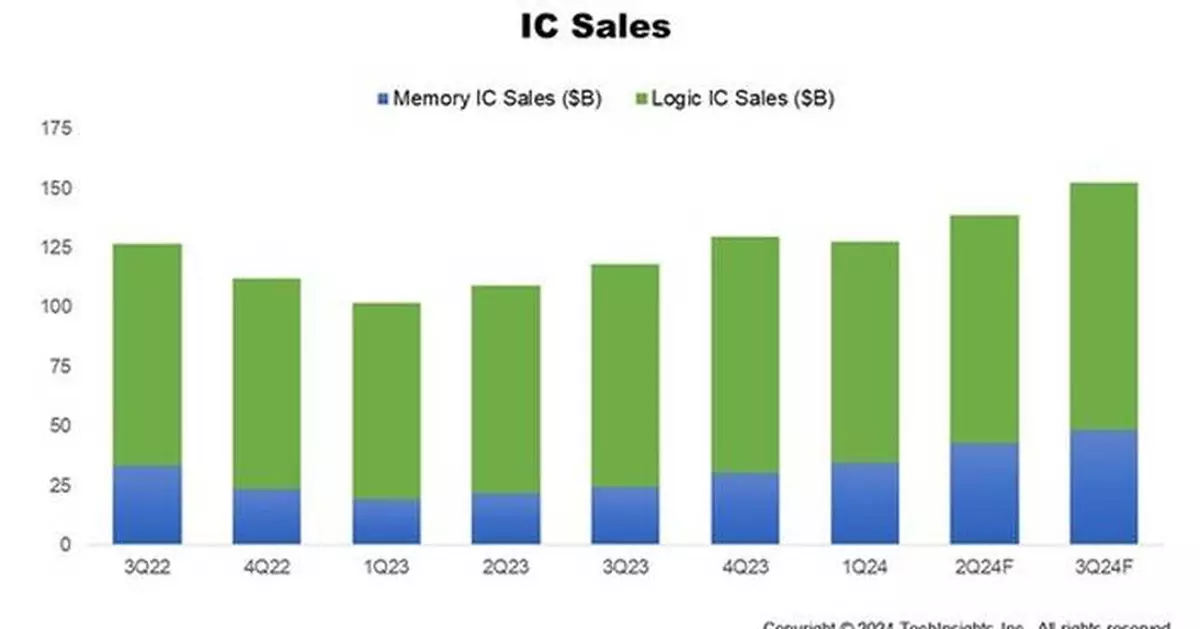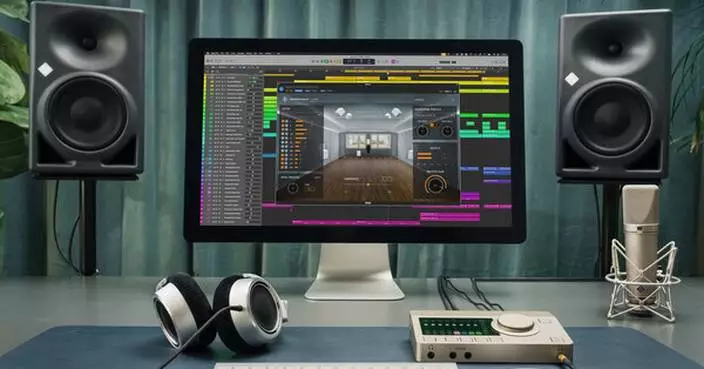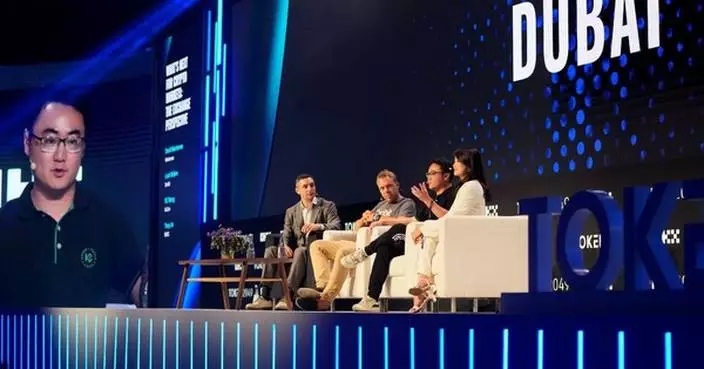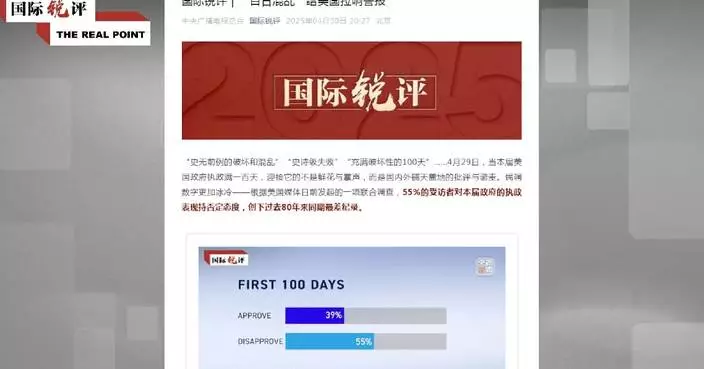MILPITAS, Calif., Aug. 19, 2024 /PRNewswire/ -- The global semiconductor manufacturing industry in the second quarter of 2024 continued to show signs of improvement with significant growth of IC sales, stabilizing capital expenditure, and an increase in installed wafer fab capacity, SEMI announced today in its Q2 2024 publication of the Semiconductor Manufacturing Monitor (SMM) Report, prepared in partnership with TechInsights. While slower recovery in some end markets impacted the pace of growth in the first half of the year, the surge in demand for AI chips and high bandwidth memory (HBM) created strong tailwinds driving industry expansion.
Seasonality and weaker than expected consumer demand impacted electronics sales in the first half of 2024 resulting in a 0.8% decrease year-over-year (YoY). Starting Q3 2024, electronics sales are forecast to see a rebound, growing 4% YoY and 9% relative to Q2 2024. IC sales showed robust 27% YoY growth in Q2 2024 and are further expected to surge 29% in Q3 2024, surpassing record levels seen in 2021 as the AI-fueled demand continues to boost IC sales growth. Improved demand also led to a 2.6% decline YoY in IC inventory levels in the first half of 2024.
Installed wafer fab capacity reached 40.5 million wafers per quarter (in 300mm wafer equivalent) in Q2 2024 and is projected to rise 1.6% in Q3 2024. Foundry and Logic-related capacity showed stronger growth in Q2 2024 at 2.0% and is projected to increase 1.9% in Q3 2024 driven by capacity build-up for advanced nodes. Memory capacity increased 0.7% in Q2 2024 and is forecast to see 1.1% growth in Q3 2024 supported by strong demand for HBM and improving memory pricing conditions. All regions tracked saw installed capacity increases in Q2 2024 with China remaining the fastest growing region despite mediocre fab utilization rates.
Semiconductor capital expenditures remained conservative in the first half of 2024 resulting in a 9.8% decrease YoY. The trend is expected to turn positive starting in Q3 2024 in response to the growing demand for AI chips and rapid adoption of HBM with memory CapEx leading the growth at 16% quarter-on-quarter (QoQ) while non-memory related capital expenditures increase by 6% QoQ.
"Despite moderate semiconductor capital expenditures in the first half of the year, we expect a positive trend to begin in Q3 2024 led by memory CapEx," said Clark Tseng, Senior Director of Market Intelligence at SEMI. "Strong demand for AI chips and high bandwidth memory is boosting results in various segments of the semiconductor manufacturing ecosystem."
"The entire semiconductor supply chain is recovering this year as the market prepares for a surge in 2025," said Boris Metodiev, Director of Market Analysis at TechInsights. "AI is certainly continuing to drive high value ICs to the market, while also supporting CapEx for capacity expansion of AI chips and especially HBM. As consumer demand recovers, and new technologies like AI are pushed to the edge, unit volumes and especially revenues will recover and support the broader semiconductor manufacturing sector."
The Semiconductor Manufacturing Monitor (SMM) report provides end-to-end data on the worldwide semiconductor manufacturing industry. The report highlights key trends based on industry indicators including capital equipment, fab capacity, and semiconductor and electronics sales, and includes a capital equipment market forecast. The SMM report also contains two years of quarterly data and a one-quarter outlook for the semiconductor manufacturing supply chain including leading IDM, fabless, foundry, and OSAT companies. An SMM subscription includes quarterly reports.
Download a sample Semiconductor Manufacturing Monitor report.
For more information on the report or to subscribe, please contact the SEMI Market Intelligence Team at mktstats@semi.org. Details on SEMI market data are available at SEMI Market Data.
About SEMI
SEMI® is the global industry association connecting over 3,000 member companies and 1.5 million professionals worldwide across the semiconductor and electronics design and manufacturing supply chain. We accelerate member collaboration on solutions to top industry challenges through Advocacy, Workforce Development, Sustainability, Supply Chain Management and other programs. Our SEMICON® expositions and events, technology communities, standards and market intelligence help advance our members' business growth and innovations in design, devices, equipment, materials, services and software, enabling smarter, faster, more secure electronics. Visit www.semi.org, contact a regional office, and connect with SEMI on LinkedIn and X to learn more.
Association Contact
Samer Bahou/SEMI
Phone: 1.408.943.7870
Email: sbahou@semi.org
** The press release content is from PR Newswire. Bastille Post is not involved in its creation. **
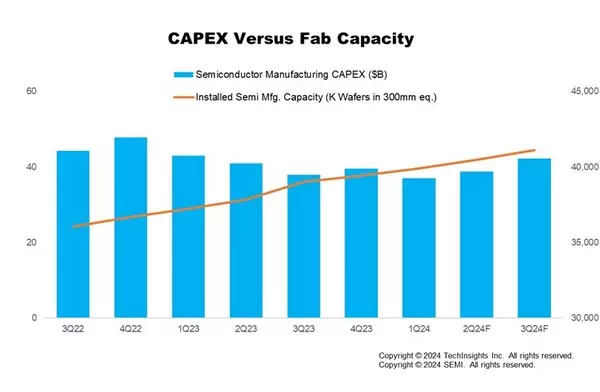
Global Semiconductor Manufacturing Industry Strengthens in Q2 2024, SEMI Reports
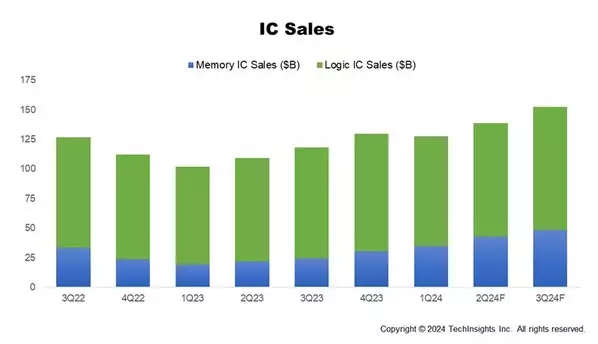
Global Semiconductor Manufacturing Industry Strengthens in Q2 2024, SEMI Reports


